
Fortune News | May 01,2022
Reforming the law that governs third-party insurance moved forward last week as a Kenyan-based firm is hired to undertake actuarial services for the proposed increase in premiums and compensation.
ACTSERV is contracted to analyse the financial risks associated with the proposed fees after the amendment of an eight-year-old proclamation. Experts at the Insurance Fund Administration Agency (IFAA) have conducted a study to determine the likely impact of the emendation.
Annual premium rates for third-party insurance vary from 188 Br for motorcycles to as much as 2,700 Br for cross-country buses. The 18 insurance firms operating in the market collected 855 million Br in premiums for third-party insurance policies last year, accounting for a third of all revenues from the motor insurance line of business.
Insurers argue that claims have been rising dramatically due to an increasing number of road accidents, in part due to the growing number of vehicles in the country. There are 1.3 million registered vehicles in Ethiopia, according to data from the Ministry of Transport. The figure stood closer to half a million when third-party insurance became mandatory for drivers.
Officials of the Agency wanted to get external expertise to calculate insurance and annuity premiums, reserves, and dividends, known in the industry as "actuaries".
"The Agency decided to hire a consultancy firm because the work requires professionals," Adel, head of operations at the Agency, told Fortune.
Two companies - both from Kenya - responded to the Agency's bid on August 14, 2021. Zamara Actuaries was disqualified when the bid was opened in October for failure to deposit a bid bond. The Agency announced ACTSERV, which offered its services for 17,000 dollars, as the winner.
Based in Nairobi, ACTSERV is the result of a merger in 2012 between B&E Accounting Services and Dennis L. Vaccaro, a certified public accountant. The company operates in 13 African countries.
“The actuarial work will be completed within three months after an agreement is reached between the two parties,” said Adel.
Officials of the Agency signed an agreement with ACTSERV last week.
It has been almost a year since the Agency announced it is working to amend the third-party insurance scheme's law, which was introduced in 2013. The amendment is prompted due to escalating prices, which do not correspond with the premium and compensation rates set eight years ago. For years, insurance companies have complained about the low premiums and the escalating claims associated with third-party insurance.
“Overhead costs have increased dramatically while the premium rates are stuck,” said Kassa Lisanework, chief executive officer (CEO) of Tsehay Insurance.
Road accidents have been a major cause of loss of life, bodily injury, and destruction of property. According to the former Federal Transport Authority, the cost associated with road accidents is estimated at an average of 80 million dollars a year. Compensation for death or injury is capped at 40,000 Br, and claimants can receive up to 100,000 Br for property damage under third-party insurance.
“The compensation is inconsequential because the premiums are low,” argued Kassa.
The premium tariff is fixed, and the insurance product is not developed in-house, exposing insurers to absorb the risk without selection, according to Gudissa Legesse, CEO of Awash Insurance.
“Insurers are suffering from rising claims, and beneficiaries are not getting the compensation they deserve," he said.
Three years ago, Bethelhem Awtataw, an accountant at a private company, saw her younger brother paralysed from the waist down due to a car accident. The incident put her parents, both dependent on pensions, under a lot of stress.
“The medical bills are still piling up,” said Bethelhem.
She and a sister residing in the United Arab Emirates (UAE) have spent more than 110,000 Br to cover medical expenses thus far. The 35,000 Br compensation her family received from the insurance company was a drop in the bucket.
Last year, the insurance industry paid out half a billion Birr in claims for the third-party policy. This does not include the administration and overhead costs associated with the insurance scheme.
The Agency pays compensation for accidents caused by uninsured vehicles and hit-and-run victims. Last year, it paid one million Birr to health institutions and 38 victims for injury, death and property damage.
Insurers are attempting to reduce the motor class of business' share and diversify their portfolios. The share of motor insurance policies has declined from 66pc to 53pc of Awash Insurance's portfolio over the past three years. The percentage of other policies, such as those under the fire and engineering classes, has gone up.
Ebsa Mohammed, an insurance consultant and manager of Alpha Certification Consultancy, sees the need to update premium and compensation rates for third-party insurance.
"Neither the insurers nor the victims benefit from the scheme," he said.
However, the expert warns that setting the ideal rates will not be simple. Balancing the conflicting interests between insurance companies, policyholders, and car accident victims will be daunting for lawmakers voting on the revised bill. Premiums will have to be high enough for insurance firms to turn profits but low enough to be affordable for vehicle owners. Compensation must also be sufficient to cover medical expenses.
"Finding a balance will be a challenge," said Ebsa.
PUBLISHED ON
Dec 25,2021 [ VOL
22 , NO
1130]

Fortune News | May 01,2022

Radar | Aug 14,2021

Radar | Aug 26,2023
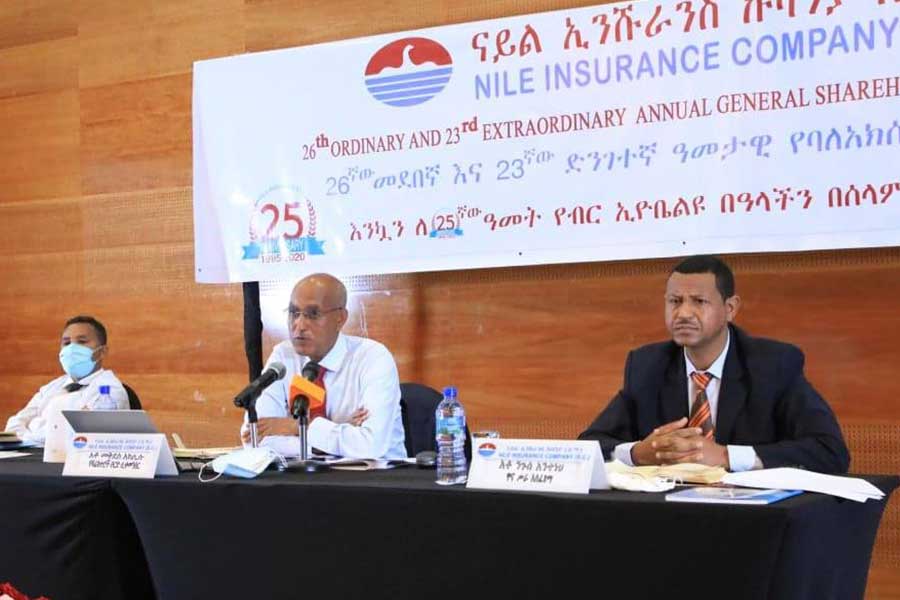
Fortune News | Nov 21,2020

Radar | Oct 12,2019
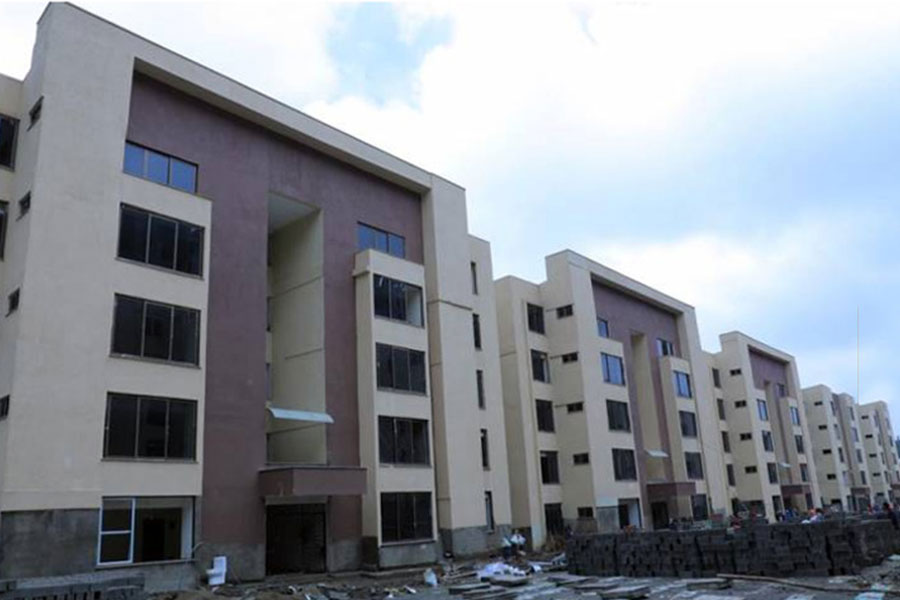
Fortune News | Jun 01,2019

Fortune News | Feb 16,2019
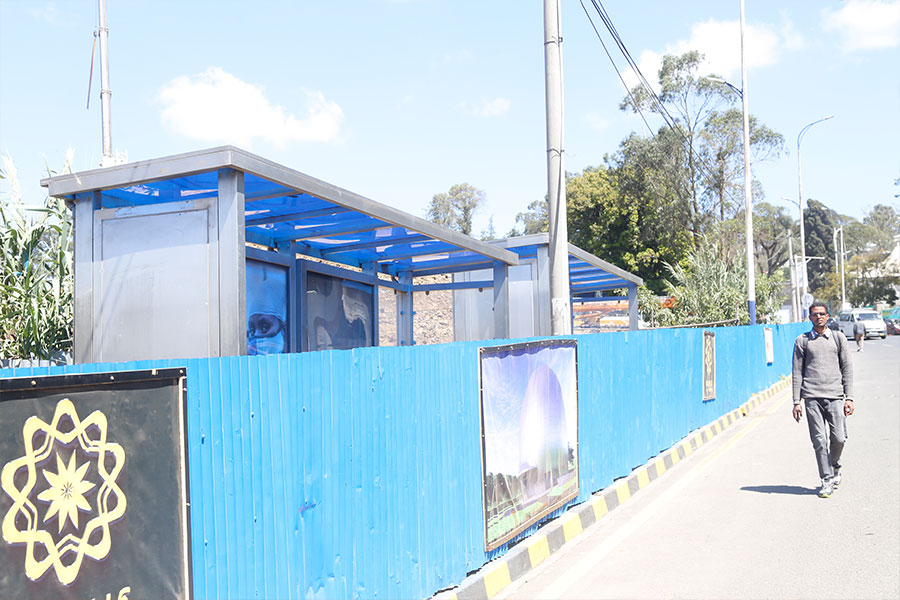
Radar | Oct 30,2021
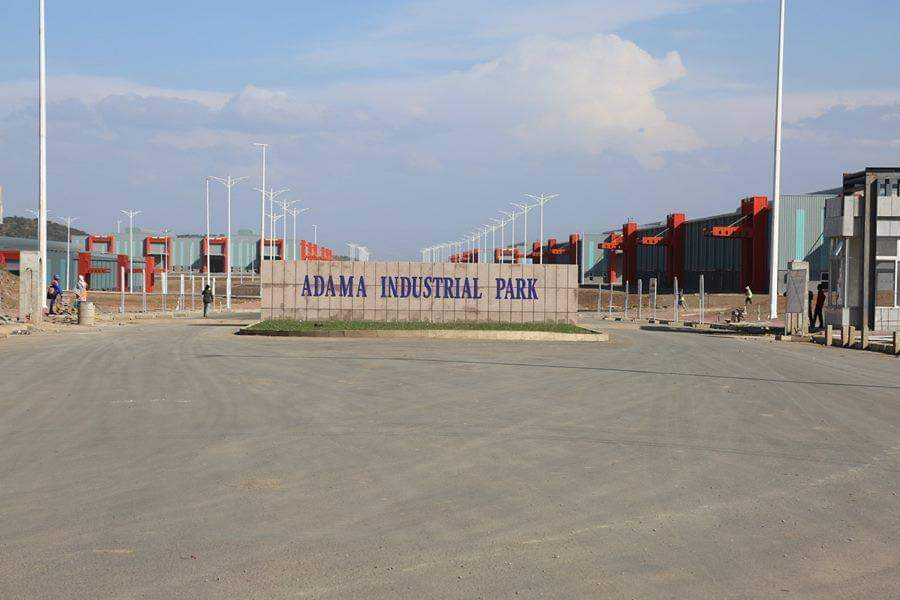
Fortune News | May 21,2022
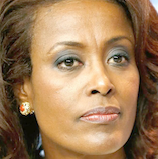
Verbatim | Feb 23,2019

Dec 22 , 2024 . By TIZITA SHEWAFERAW
Charged with transforming colossal state-owned enterprises into modern and competitiv...

Aug 18 , 2024 . By AKSAH ITALO
Although predictable Yonas Zerihun's job in the ride-hailing service is not immune to...

Jul 28 , 2024 . By TIZITA SHEWAFERAW
Unhabitual, perhaps too many, Samuel Gebreyohannes, 38, used to occasionally enjoy a couple of beers at breakfast. However, he recently swit...

Jul 13 , 2024 . By AKSAH ITALO
Investors who rely on tractors, trucks, and field vehicles for commuting, transporting commodities, and f...

Jul 5 , 2025
Six years ago, Ethiopia was the darling of international liberal commentators. A year...

Jun 28 , 2025
Meseret Damtie, the assertive auditor general, has never been shy about naming names...

Jun 21 , 2025
A well-worn adage says, “Budget is not destiny, but it is direction.” Examining t...

Jun 14 , 2025
Yet again, the Horn of Africa is bracing for trouble. A region already frayed by wars...